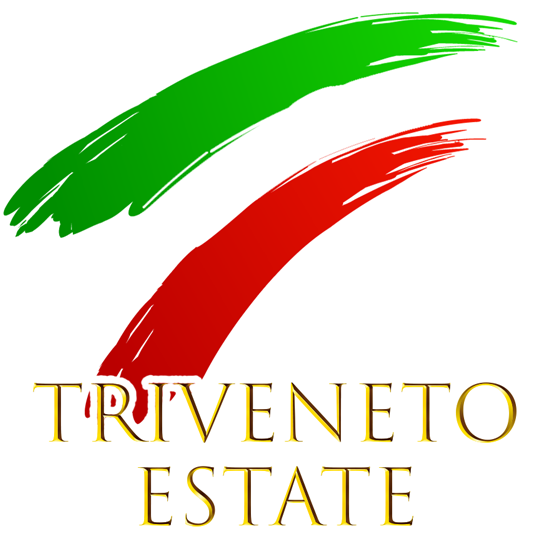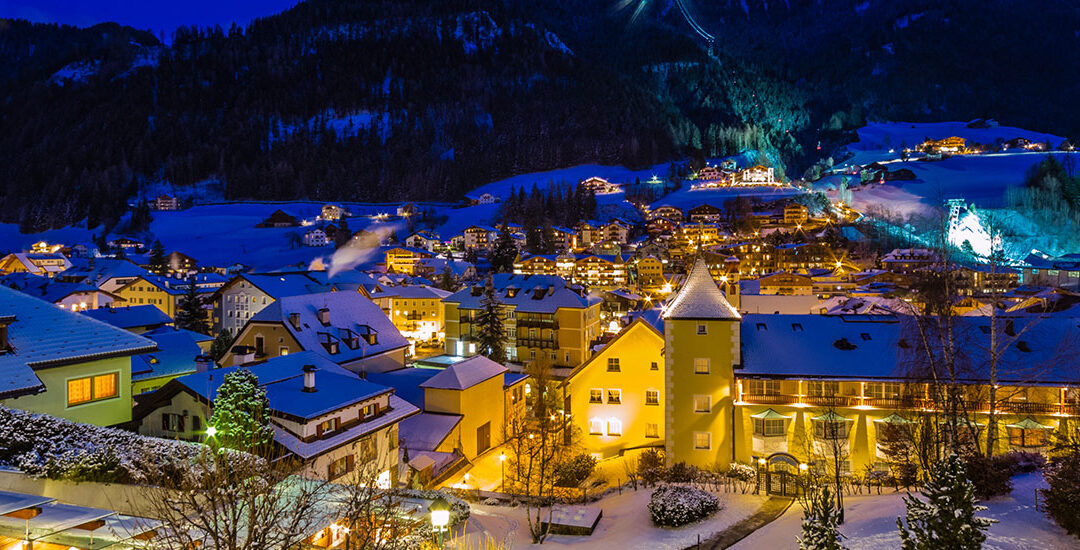Why investing in Italian real estate? The ‘Buy to Rent’ trend dominated Dutch newspapers for years. Private individuals buying a property and then renting it out (‘Buy to Rent’): this was long seen as an excellent inflation hedge, but above all as an investment with excellent indirect returns. The underlying value, the property, has grown by often more than 10% a year in recent years. In some cities like Amsterdam, sometimes by double digits.
This now seems to be over. A number of developments contribute to the emerging uncertainty in buying a home as an investment property.
- With rising interest rates, financing is more expensive. Now, investment mortgages were already more expensive than ordinary ones, with interest rates rising, there is already almost no good ‘direct return’ (rental income minus operating expenses/purchase value of property) to be made.
- As a result, the market is under pressure. For the first time in years, estate agents are noticing that prices are stabilising. And even falling slightly in some markets. Has the top been reached?
- Government policy makes investors uncertain. The announced ‘rent cap’ for free sector rental properties and the stretching of the housing valuation system limit the possibilities of having profitable operations. Rents of much of the investment market will soon be capped at around €1,000 per month.
- Complementing this, the cabinet has plans to force landlords to make their housing stock more sustainable and let the costs of this rest with the owner/landlord. This too will have a depressing effect on direct returns if the rent cannot be increased.
- Finally, it is uncertain how the tax treatment of private property ownership will play out in the future. In general, it can be said that there is a political trend to tax wealth more heavily, and income from employment less. A second or third home for rent could potentially end up in Box 1 as well.
Why can a home purchase in Italy be attractive?
Yes, buying a property in Italy for investment and/or own use is just a bit trickier than in the Netherlands. You soon need an advisor to guide the buyer. Especially if you are not sufficiently fluent in the language.
But once you get through this, and I speak from experience, a world of possibilities opens up.
- Renting out your property to holidaymakers. Through a platform like booking.com, renting out is a piece of cake. Agreed; you need someone to manage, but there are good options for that in most tourist areas.
- You can also rent out your property long-term. This is particularly attractive in urban areas where there is a high demand for rental properties. But; there is also rent protection and annual rent increases are often out of the question. Still, it can be attractive to buy an already rented out property when rental end is in sight.
- In my opinion, the combination of temporary/tourist rental is the most attractive. After all, you yourself also want to use your property as a holiday home from time to time. By the sea, by a lake, in the mountains or in the beautiful hilly countryside. Name it, Italy is beautiful everywhere.
- In terms of taxes, there is the so-called cedolare secca. A so-called flat tax of 21% on rental income. This is levied in Italy. You also pay a relatively small OZB (the Italian IMU: Imposta Municipale) and some municipal taxes (waste disposal etc).
- Once through the red tape and the property is purchased, renting and owning can begin. Immediate returns of 5-7% are certainly possible, and with the Italian property market rising slightly for some time now, at least the value will not decrease.
Are you also interested in a second home in Italy? We advise and guide you in your purchase as an experienced and specialised advisor with a lot of experience of our own !
Yes, I like to receive more information! Please fill in the form below and we will contact you as soon as possible.

